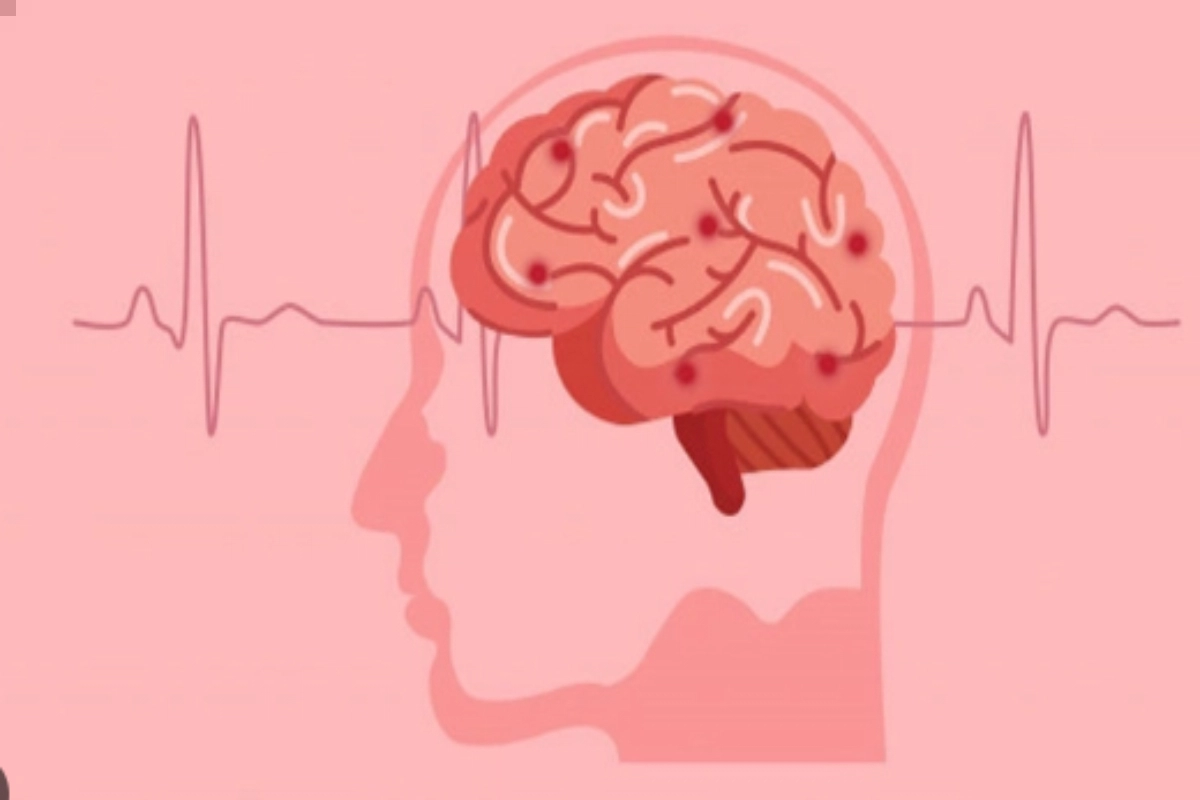Brain Stroke: Dr. Priyanka Sehrawat responded to several questions regarding her focus on problems like high blood pressure, excessive sugar, and high cholesterol instead of explicitly talking about stroke in a recent Instagram post. She made it clear that the focus of her platform is prevention rather than cure, which is crucial in reducing the risk factors that contribute to serious health problems like strokes.
Causes and Risk Factors of Strokes
Dr. Sehrawat clarified that a brain clot or hemorrhage are the causes of strokes, which are also known as paralytic attacks. High blood pressure, high blood sugar, high cholesterol, smoking, and alcohol use are the main risk factors for stroke. “If you don’t take care of these risk factors, your chances of stroke will increase,” she said. Her emphasis on treating these disorders to delay the development of stroke is supported by this reasoning.
Dr. Sehrawat emphasized in her thorough presentation the need for prompt medical assistance in the event of a stroke. “The first twenty-four hours are crucial to you. You need to see a neurologist right away,” she said. She also emphasized that a substantial amount of recovery can occur in the first 72 hours following a stroke, with the rest of the recovery being influenced by lifestyle modifications, exercise, food, and medication meant to prevent more strokes.
Misconceptions About Alcohol Use
Sehrawat refuted widespread misconceptions regarding alcohol use by citing a recent Harvard research. “Red wine is not beneficial for your heart in any proportion. She said, “Any amount of alcohol is bad for your body, and it affects every organ in the body.”
The significance of taking preventive action is the main takeaway from Dr. Sehrawat’s speech. One may drastically lower one’s risk of stroke by managing hypertension, diabetes, and cholesterol, as well as by giving up alcohol and tobacco use. Her focus on prevention is intended to avert the catastrophic effects of strokes by educating and promoting proactive health management. To sum up, Dr. Sehrawat’s Instagram post is an essential reminder of how crucial it is to identify and manage risk factors in order to avert major health emergencies like strokes.
